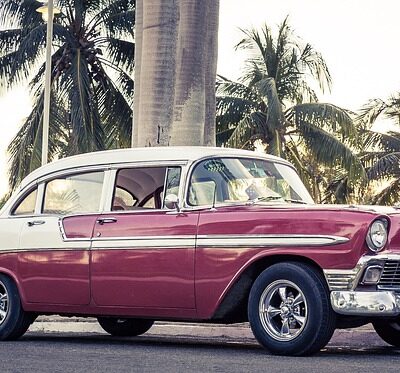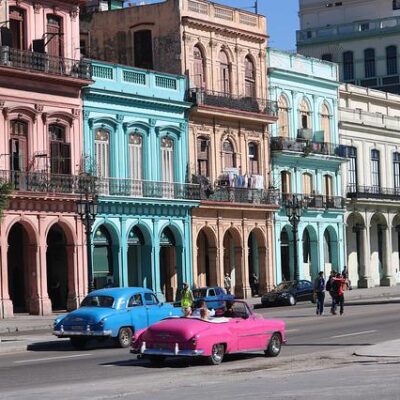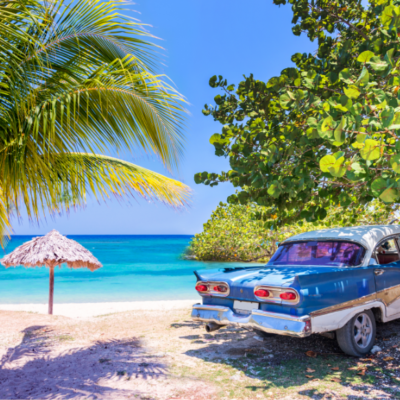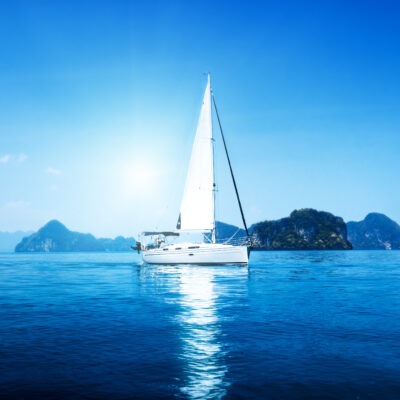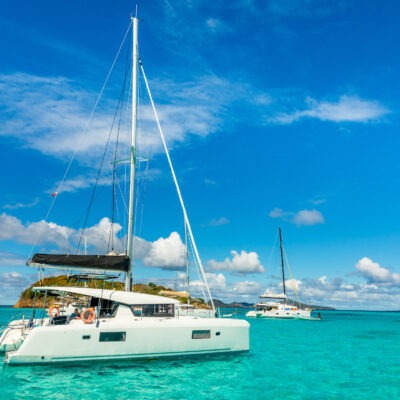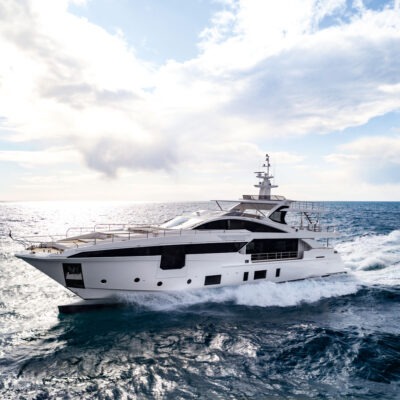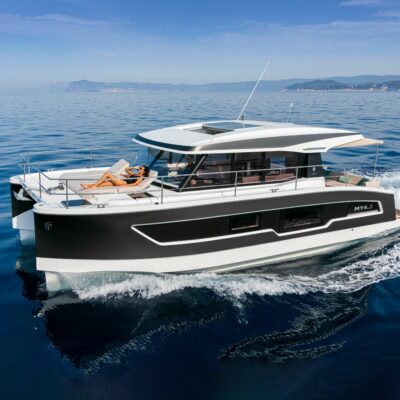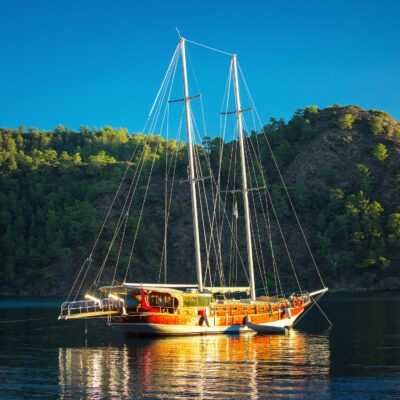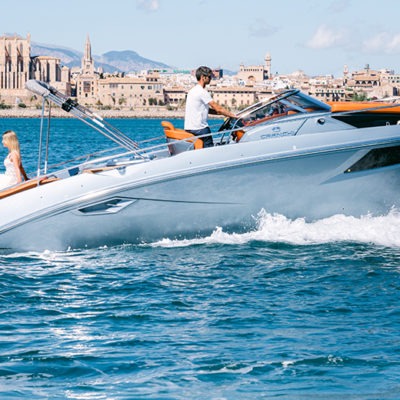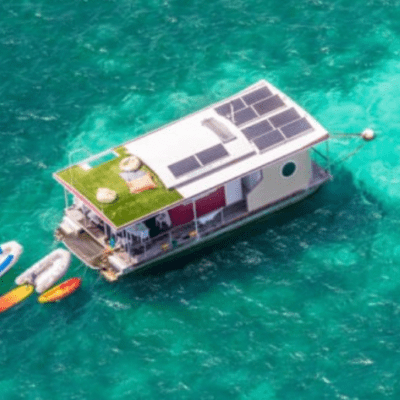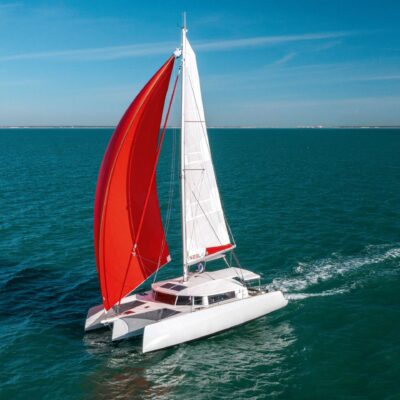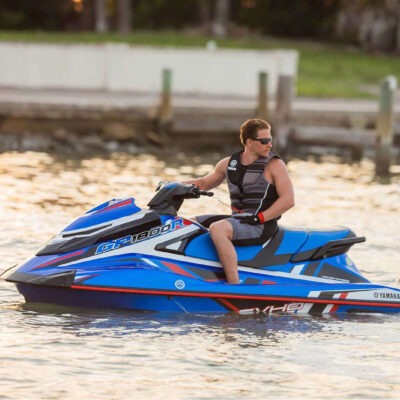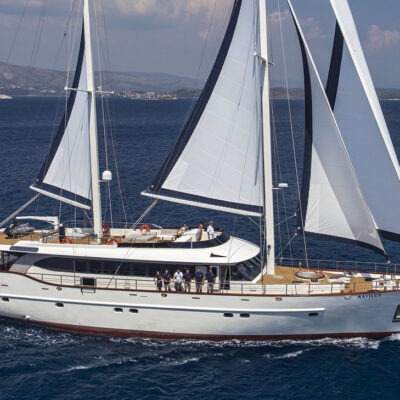Cuba

Havana
Havana is the capital and soul of Cuba, so it is definitely a must see. Wander the cobblestone streets of Old Havana and admire the unique blend of baroque and Spanish colonial architecture. See the vintage fleets of cars, enjoy the nightlife and visit the hippest district of Vedado.
Trinidad
The city was founded by Diego Velázquez de Cuéllar in 1513, and until the middle of the 19th century it was one of the most important strongholds of sugar in Cuba.
The city’s main attraction is the Plaza Mayor, whose atmosphere is reminiscent of colonial times. All major museums are located around the Plaza Mayor.
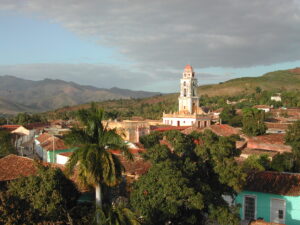
Sea Turtle Hatchery
Visiting the Sea Turtle Hatchery in Cayo Largo makes an unforgettable experience. At certain times of the year, you may even witness the release of baby turtles first-hand. Then head to Sirena and Paraiso beaches afterwards for wonderful sands and turquoise water.
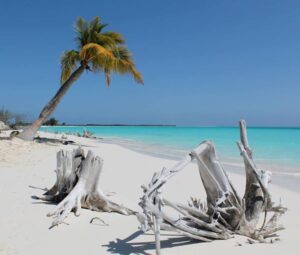
Wildlife
Visit Cayo Rico where the iguanas will take center stage, or sail to Hijos de los Ballenatos mooring buoys where you can snorkel and explore the rich underwater world.
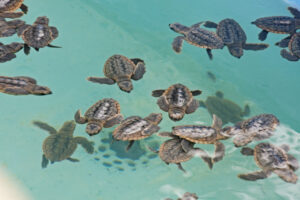
Weather:
Cuba’s climate is tropical, warm and rainy, ideal for holidays all year round. Due to its location, hurricanes can appear several times a year.
The average temperature in the 12 months of the year is between 22-28 Celsius. The climate is determined by two seasons: dry from November to April and rainy from May to October. The dry season is mild with less rainfall, the rainy season is hotter and wetter.
Wind:
Winds in Cuba are predominantly from the northeast ranging from 5 to 35 knots, depending on the time of year.
Typically, winds are northeasterly between 15 to 25 knots but can be highly variable depending on the tropical depressions in the Gulf of Mexico and the Bahamas.
General:
The language spoken in Cuba is Spanish.
The documents you need in Cuba include a passport that is valid for the duration of your stay. You need to have a medical insurance, which you can buy from the airport on arrival in Cuba, and a tourist card from the Cuban consulate.
Banking:
The only local currency is the Cuban peso (CUP).
Some establishments accept euros (EUR) and US dollars (USD). It is recommended to pay with cash because credit cards are not widely accepted.
Internet:
You need a pre-paid NAUTA internet Wi-Fi card to have internet connection. All international marinas in Cuba have Wi-Fi hotspots.

 Ask for a free consultation
Ask for a free consultation 